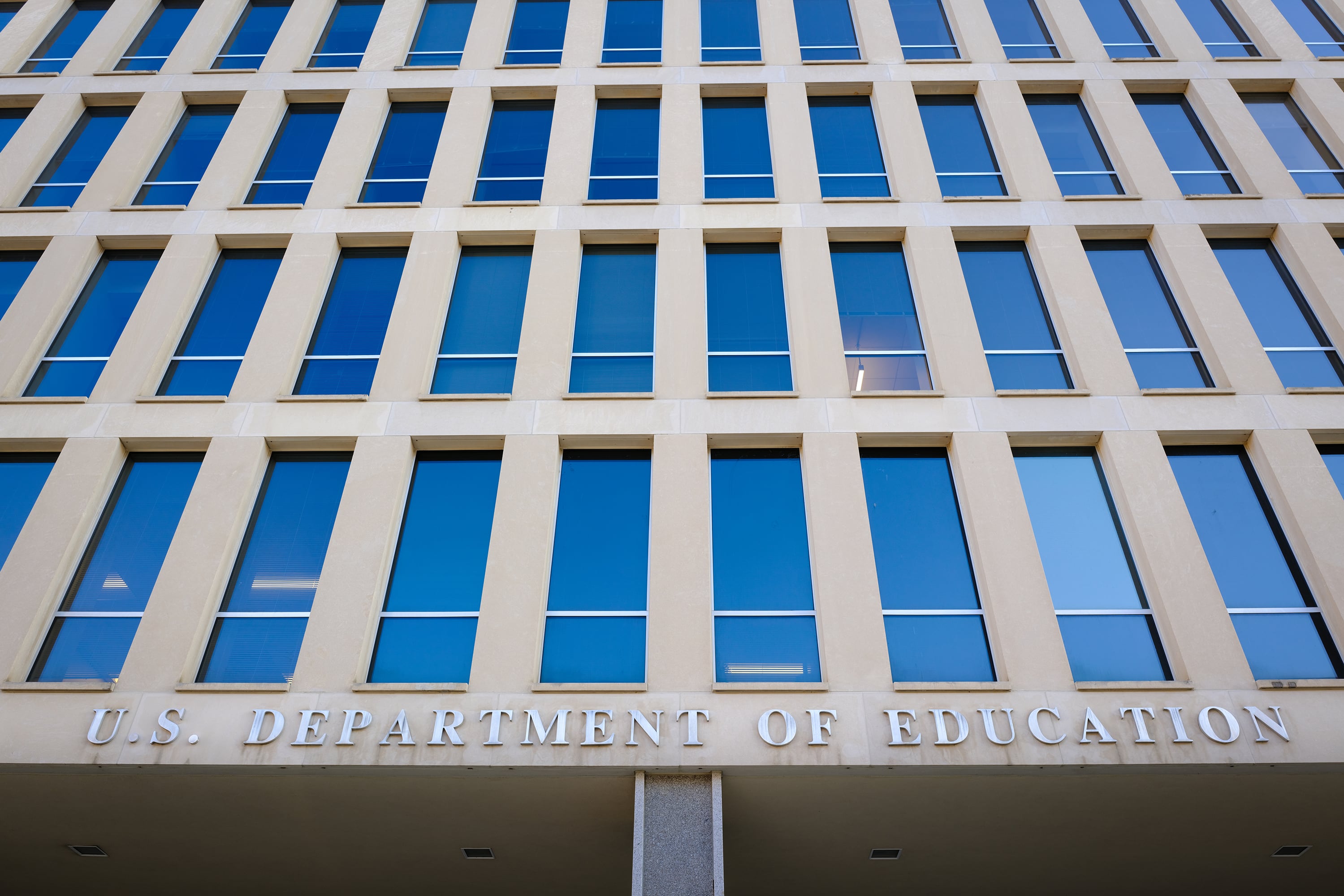This story was originally published by The Pennsylvania Capital-Star.
Pennsylvania education leaders are scrambling after the Trump administration said it would withhold more than $230 million in congressionally approved funding for after-school programs, teacher training, literacy, and education for migrant and non-English speaking students.
A spokesperson for the state Department of Education said the U.S. Department of Education informed officials Monday evening of a delay in the release of funding that was due to be available starting Tuesday.
The action is separate from the budget reconciliation bill passed by Congress.
Education advocates told the Capital-Star on Wednesday the failure to release the funds was reckless and unlawful and would affect the commonwealth’s most vulnerable students.
“These federal funds support key programs that expand learning for our most underserved students,” Maura McInerney, legal director of the Education Law Center of Pennsylvania, said in a statement.
State House Education Committee Chairperson Peter Schweyer, a Democrat, said the announcement caught state and local school officials off guard, which came days after the deadline for school districts to approve their budgets.
The uncertainty also arrived as the General Assembly continues negotiations over the state budget.
According to an analysis by Education Week, the $230 million due Pennsylvania is the sixth largest amount among the states after California, Texas, New York, Florida and Illinois.
Schweyer said he learned of the funding freeze from a school superintendent in his legislative district who had received a “terse” email from the state. He learned further details about the Trump administration’s decision from a New York Times article.
“To say we had no idea this is coming is absolutely accurate,” Schweyer said.
The federal Education Department referred questions to the White House Office of Management and Budget, which did not respond.
He said the funding freeze comes as many school districts and partner organizations are working to finalize agreements and hire staff for after school and summer programs. Rural communities where independent nonprofit organizations such as the YMCA and Jewish community centers are less common are likely to be hit harder, he said.
“The Trump administration is beyond reckless. This Congress is beyond impotent. They’re hurting the families we all collectively serve,” Schweyer said.
Funding for seven federal programs totaling nearly $7 billion nationwide is affected. Five of the programs support K-12 schools, while the other two help schools, community colleges and other organizations provide adult literacy and civics education.
McInerney said the programs benefit children affected by poverty through summer school and after-school tutoring and enrichment programs; immigrant students and English learners; children of migrant workers; youth in the foster care system and juvenile justice system; and adults seeking basic education as a pathway to postsecondary education and employment.
The state Education Department provided estimates of the impact on commonwealth schools and other organizations that receive the funds:
- Title I-C, Migrant Education, $11 million
- Title II-A, Supporting Effective Instruction, $70 million
- Title III-A, English Language Acquisition, $20 million
- Title IV-B, 21st Century Community Learning Centers, $54 million
- Adult Education Basic Grants to States, $20 million
“We are assessing the impact of this delay and will keep school leaders and local programs informed. We are also determining any next steps,” department spokesperson Erin James said. “PDE will continue to share updates as they become available and is committed to supporting Pennsylvania schools, educators, and learners throughout this process.”
McInerney said withholding the funds is a violation of the Impoundment Control Act, which regulates how the president can delay or rescind spending that has already been approved by Congress.
“The unilateral withholding of these congressionally appropriated funding streams without any justification or warning to Congress is outrageous and unlawful. The administration cannot unilaterally delay or cancel appropriations already enacted into law. Only Congress holds this constitutional power,” McInerney said.






